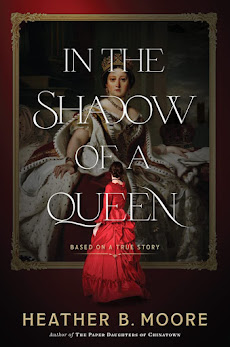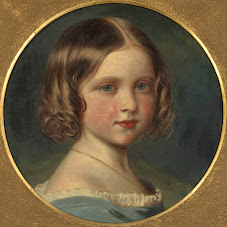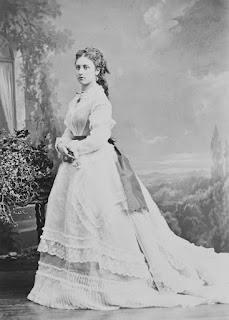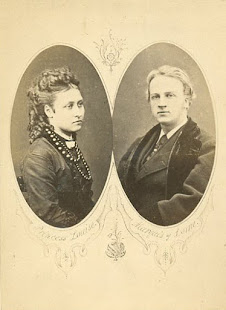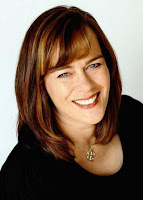Today I have the privelege of interviewing Jen Geigle Johnson, the author of delightful sweet regency romances. I know a lot of my readers also love her books!
Her new release is entitled To Win Her Hand and features two characters who are not what they seem, and just may be perfect for each other.
Here is the book description.
An expert at winning a woman's hand. A woman who cannot be won.And now, the interview!
Hello Jen and thank you for taking the time to do this interview for your book To Win Her Hand.
This was such a fun premise! Where did you get the idea for two matchmakers in the one story?
I was toying with some fun ideas for a screenplay actually and the idea of one male match maker turned into two! I can’t explain it. She just appeared on the page. And I ran with it.
On the face of it, Lord Featherstone seems as calculated as he is charming. What is it about his true personality that reader will fall in love with?
He is so vulnerable. You see his moments of worry, his insecurity and his pure desire to keep his estate going and help his brothers. There are plenty of moments when you just don’t think he will ever get things going his way.
Lady Loveluck also has a lot to hide, not least a broken heart. What does she need to learn in order to love again?
She needs to be able to trust. She needs confidence in herself and her ability to discern. And it would help if she could feel good about her ability to care for herself. Once she knows she can do it alone, she will feel free to be able to trust another.
I love all the little historical details. Was there anything you had to research for this book, or discovered along the way?
I had to freshen up my understanding of the financial laws surrounding a widow. I needed to review pieces of a man’s attire and I did a cursory study of the smells and perfumes of the day. It was fun to immerse myself in the time period again to review those things.
How do you decide on your settings? Have you visited most of the places you write about?
I have not been to England in a long time. So, I rely on book research and google and YouTube videos of the places. I usually choose settings I am personally excited about or would like to spend time in.
This is the first book in a new series, The Gentlemen’s Match. What can we look forward to in the following books?
I hope to highlight each of the brothers in a fun matchmaking series. Lord Featherstone and Lady Loveluck will assist of course. I would like to linger here for a time. I hope it works out that way.
I loved reading about the widows society. Will we get to read more about them in future books?
Yes, so many more widow books are coming. I have a complete series, highlighting a widow in each story. I look forward to it. They are spunky and fun and daring as well as vulnerable and hesitant.
About the Author
Jen Geigle Johnson is an award-winning author, including the gold in Foreword INDIES Book of the Year Awards and LDSPMA Praiseworthy's top award for Romance,
Jen has more stories circulating in her brain than can possibly be told. She discovered her passion for England while kayaking on the Thames near London as a young teenager. History is her main jam. Her literary heroes include the greats: Jane Austen and Charles Dickens. But she has modern sensibilities as well.
Six children and an inspiring husband keep her going and make certain she doesn't stay glued to a keyboard or lost in obscure fascinating details of old castles.
Now, she loves to share bits of history that might otherwise be forgotten. Whether in Regency England, the French Revolution, or Colonial America, her romance novels are much like life is supposed to be: full of adventure.



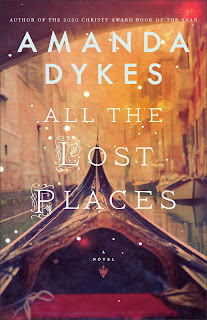




.jpg)

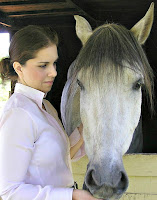

.jpg)
